For Gia Lai agricultural products, especially in the Western region, standards and transparency are becoming important requirements in the journey to sustainable exports.
With the agricultural characteristics of the red basalt land, the agriculture in the West of Gia Lai possesses many products of high economic value (coffee, pepper, macadamia, cashew, honey, fruit, etc.). In particular, many products have positioned their brands, reaching national and international levels, such as: L'amant Café - National Brand; 5-star OCOP products such as Phuong Di Honey, Le Chi organic pepper, Dak Yang Honey coffee, Dak Yang Fine Robusta, etc. The ecosystem of 3-4 star OCOP products also contributes to laying the foundation for the strategy of increasing the value of agricultural products and expanding export markets.
Rigorous but stable and rich in potential
Notably, many large enterprises in Gia Lai have invested systematically from organic raw material areas to modern processing factories. Typically, Vinh Hiep Company Limited (An Phu Ward) with the brand L'amant Café has now exported to many large markets such as the US, Canada, Korea, China...
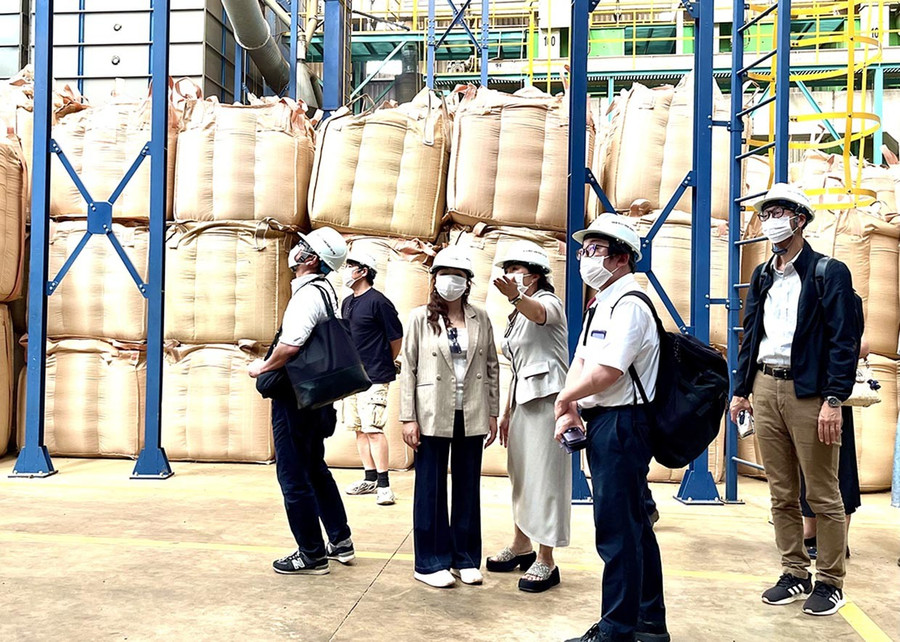
Ms. Tran Thi Lan Anh, Deputy Director of Vinh Hiep Co., Ltd., shared: “After the preliminary survey steps, Vinh Hiep realized a great opportunity to continue to bring finished products to conquer the Japanese market. Japanese consumers buy products with trust, responsibility and stories associated with the products. Enterprises that want to have a long-term presence in this market must prove the transparency of their products from raw material areas to production, environmental protection, community responsibility and traceability. This is a basic standard that cannot be negotiated or adjusted.”
At the event connecting Japanese enterprises with Gia Lai province in June 2025, Mr. Jiro Nagura, Advisor to the Japan National Supermarket Association, pointed out: 3 core factors that determine consumer behavior in Japan are food safety, clear packaging and labeling, and transparent information about origin. Japanese consumers are very interested in small details in the production process, standard certificates, and are especially attracted to products with strong regional identity. An agricultural product that wants to have a foothold in Japan must not only meet organic standards - which are already very strict, but also build a brand and identity for each product.
Commenting on the prospects for cooperation, Deputy Director of the Department of Industry and Trade Nguyen Duy Loc said: In June 2025, the Department organized a connection for Japanese partner enterprises to directly survey a number of agricultural processing facilities in the province such as cashew nuts, honey, Vinh Hiep coffee, BaKa, Phuong Di, Hai Binh... Through the assessment, the other side recognized the positive transformation from raw production to deep processing, increasing value and meeting the finished product requirements of Japanese consumers.
“Penetrating the Japanese market is not only a goal, but also a “measure” to increase the value of Gia Lai agricultural products, opening the door to the world. In the strategic orientation, the province identifies this as a key market with high stability, suitable for the province's strong products. In addition to improving product quality, manufacturers need to fully meet international standards and be transparent throughout the entire supply chain from growing areas to processing, packaging and traceability to meet the requirements of this market,” Mr. Loc added.
Need long-term, synchronous strategy
Currently, Vinh Hiep's organic coffee products have been exported to Japan; Phuong Di Honey, Dak Yang Coffee, and Le Chi Organic Pepper have also been displayed in a Japanese distribution system. According to calculations by businesses, exporting in the form of final products has a much higher value than exporting in the form of raw materials. At the same time, if the products are stable in Japan, they can increase the brand value of Gia Lai agricultural products.
Besides large enterprises, many cooperatives and small production facilities in Gia Lai are also gradually approaching the Japanese market, with a proactive and serious attitude in standardizing processes.
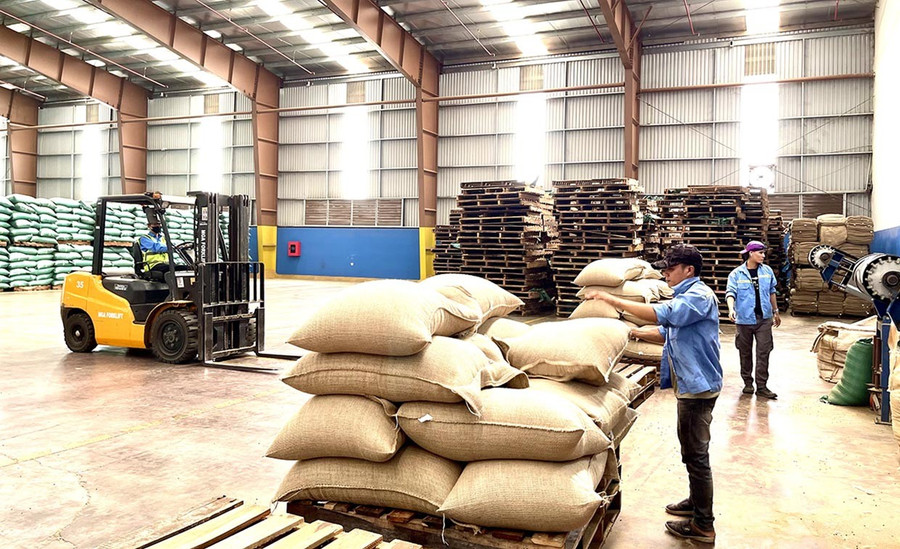
Mr. Nguyen Tan Cong, Director of Nam Yang Agricultural and Service Cooperative (Kon Gang Commune) said that the Cooperative is currently preparing raw materials of 200 - 300 tons of pepper to be able to export the first order to Japan at the end of the year. "In the process of approaching partners, we promote products towards local cultural values. That is the production link between native varieties, organic farming and brand building from a land associated with pepper plants and coffee beans that has now reached the market with humane stories and sustainable values", Mr. Cong expressed.
Similarly, Phuong Di Bee Honey Cooperative (Gao Commune) is also actively investing to meet the criteria of the Japanese side. Ms. Tran Thi Hoang Anh, Director of the Cooperative, said: “After directly inspecting the production factory, the Japanese partner required that the products exported to this market must be final products, with diverse designs and suitable for Japanese consumption habits. Therefore, we have invested in modern machinery such as automatic bottling lines, vacuum water separator (equipment used to reduce moisture in honey by creating a vacuum environment, helping water evaporate at low temperatures without affecting the quality of honey), and at the same time designed models specifically for the restaurant and hotel segment”.
Although there have been many positive signals, to build sustainable export capacity to the Japanese market in particular and the international market in general, Gia Lai needs a more comprehensive strategy.
Mr. Thai Nhu Hiep, Vice President of the Vietnam Coffee and Cocoa Association, said that currently, some enterprises and cooperatives in Gia Lai province have made efforts to achieve international organic standards, but overall, standardized raw material areas are still not enough to serve sustainable exports. Therefore, in the long term, a comprehensive strategy is needed to form a complete organic production ecosystem, from planning growing areas, training human resources, standardizing cultivation techniques, building value chains to product certification and traceability. Along with that are preferential credit policies, support for machinery and equipment and access to high technology to improve competitiveness.
Source: https://baogialai.com.vn/mo-cua-vao-thi-truong-nhat-ban-post562435.html





![[Photo] Cutting hills to make way for people to travel on route 14E that suffered landslides](https://vphoto.vietnam.vn/thumb/1200x675/vietnam/resource/IMAGE/2025/11/08/1762599969318_ndo_br_thiet-ke-chua-co-ten-2025-11-08t154639923-png.webp)


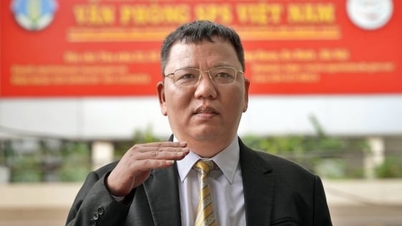






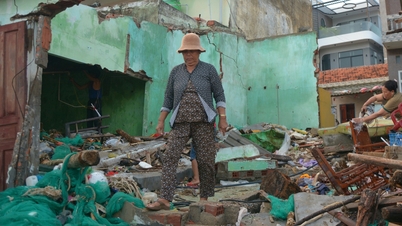

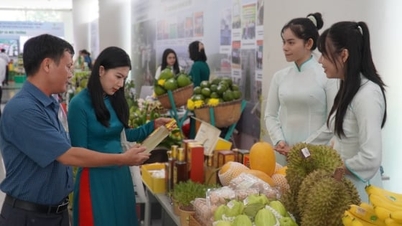


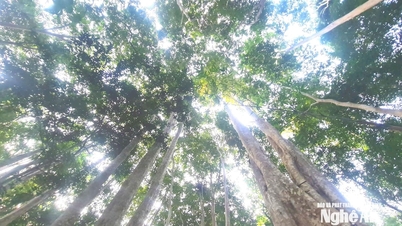














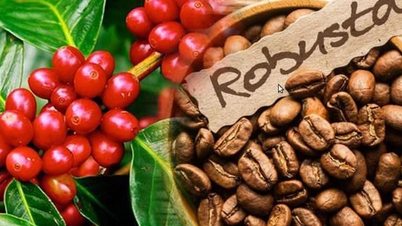
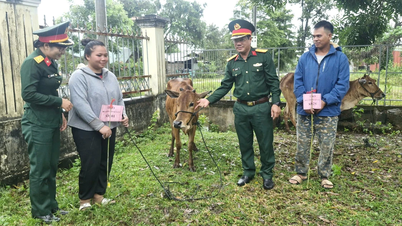









![[Video] Hue Monuments reopen to welcome visitors](https://vphoto.vietnam.vn/thumb/402x226/vietnam/resource/IMAGE/2025/11/05/1762301089171_dung01-05-43-09still013-jpg.webp)































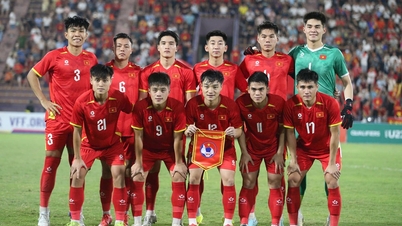


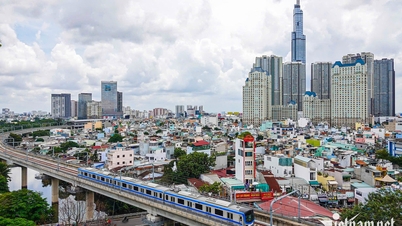














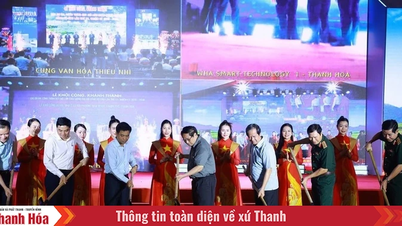
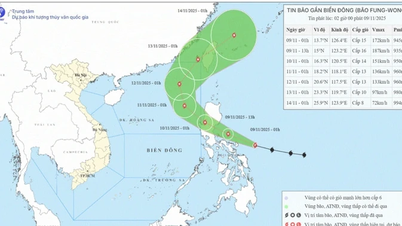

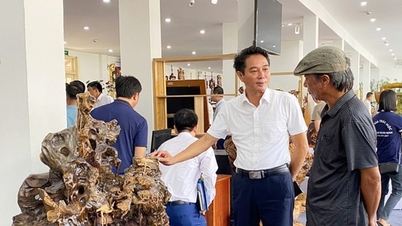

















Comment (0)